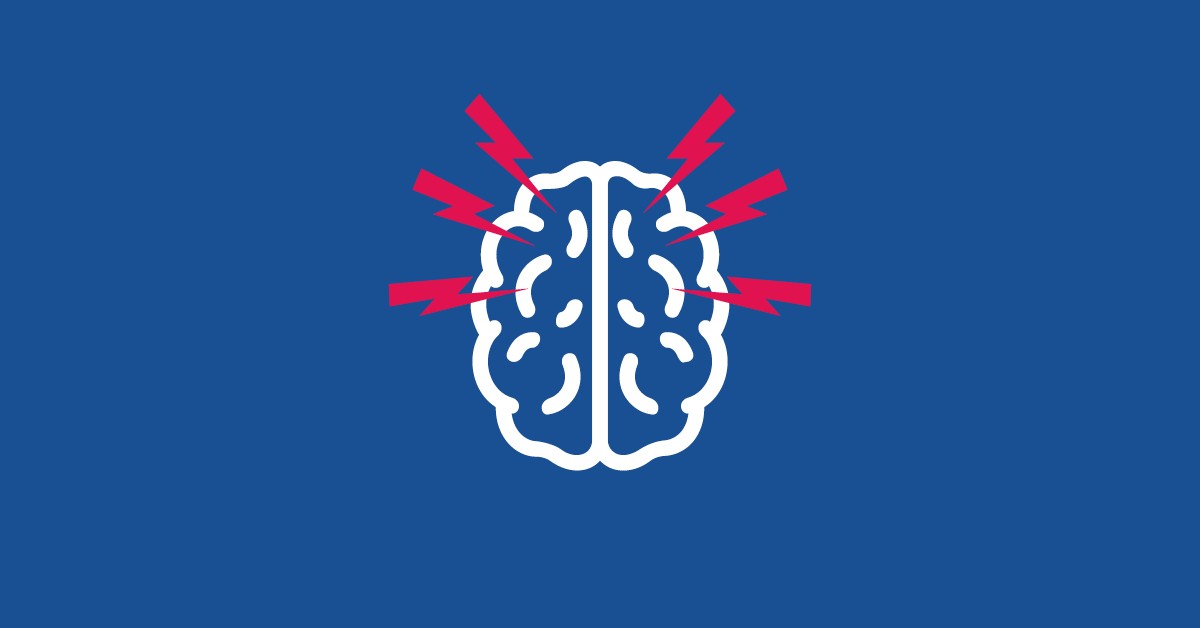Patients who suffer chronic complications as a result of a concussion find difficulty trying to ease their symptoms. But a new study released in Applied Psychology: Health and Well-being concluded that mindfulness or meditation could be beneficial.
Looking through the data of more than a dozen studies on the topic and evaluating the over 500 participants involved, the new study is the most comprehensive as of the present time.
Symptoms of concussion which may last for months or even years after injury could result in fatigue and affective (depression and anxiety) problems.
The participants who exhibited those symptoms say they experienced improvements by engaging in meditation, mindfulness, or yoga. Fatigue, considered a difficult symptom to ease by researchers, was drastically reduced by these non-strenuous physical exercises.
“Twenty studies were included,” the research team at the University of Connecticut explained in their findings. “Results revealed significant improvement of overall symptoms compared to controls, with significant within‐group improvements in mental health, physical health, cognitive performance, quality of life, and self‐related processing.”
The authors of the study concluded: “This first‐ever meta‐analysis on meditation, yoga, and mindfulness‐based interventions for chronic symptoms of mTBI offers hope but highlights the need for rigorous new trials to advance clinical applications and to explore mechanistic pathways.”
The new research released in IAAP was authored by Rebecca Acabchuk, Julie Brisson, Crystal Park, Noah Babbott-Bryan, among others.


